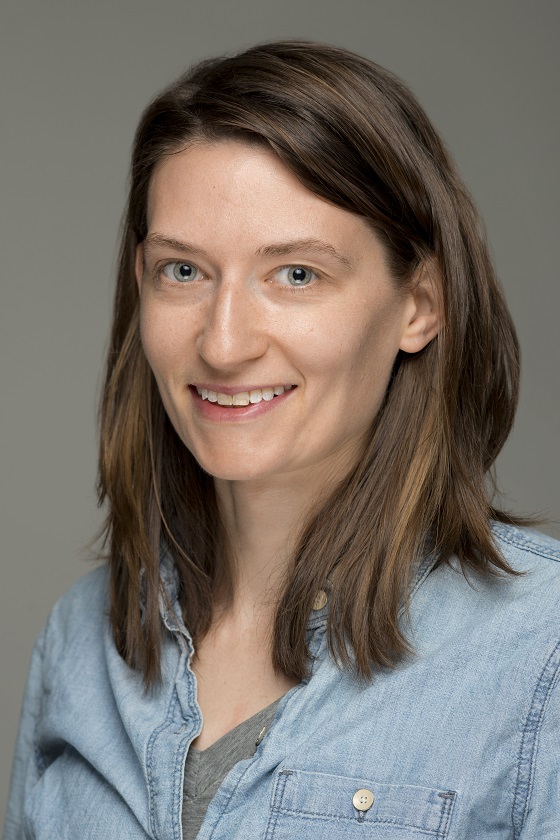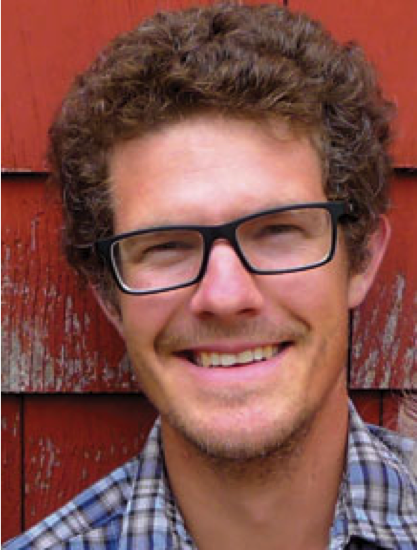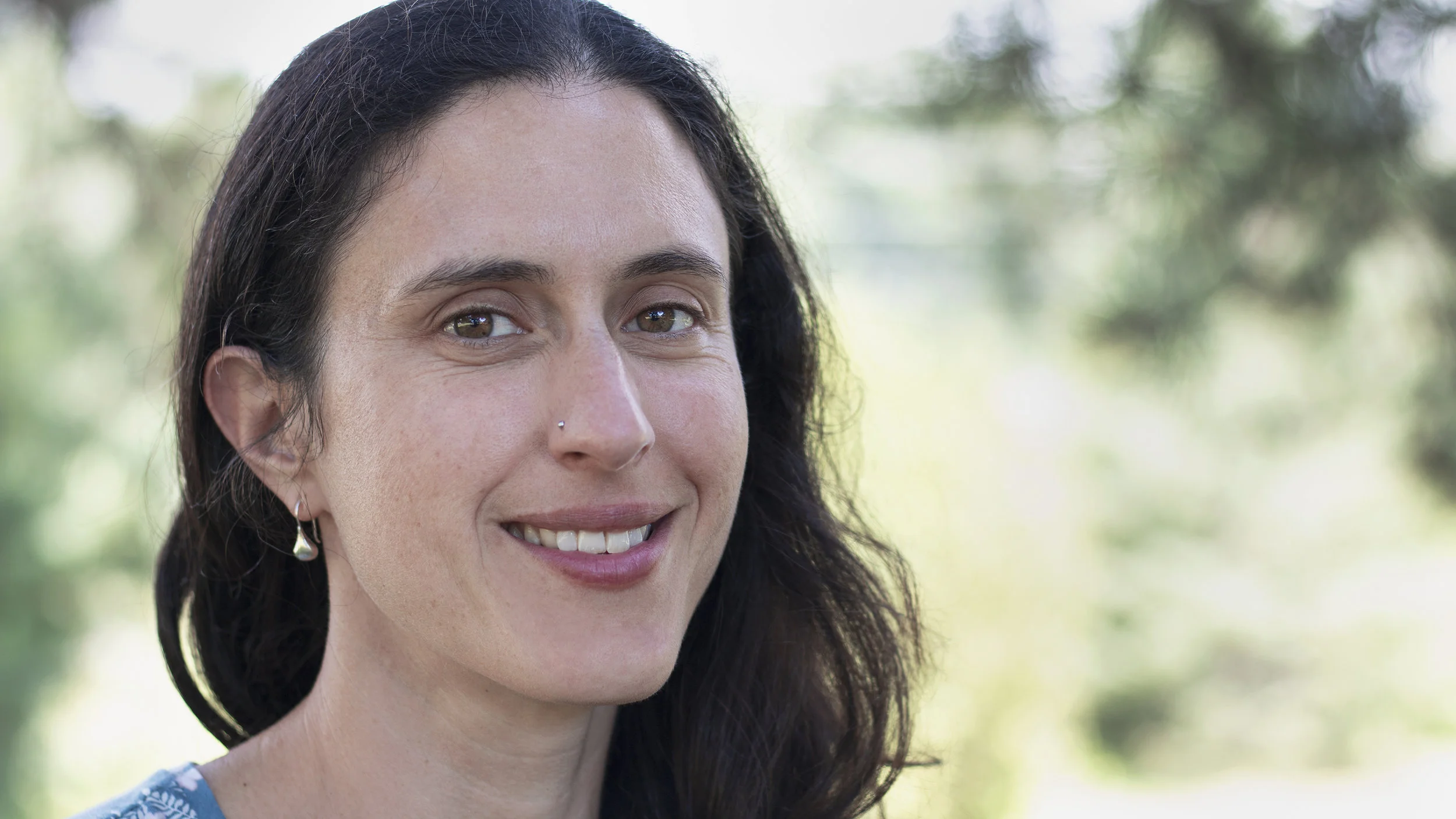The vegetable and small fruit program is organized in a flexible manner.
The program includes (1) a core set of education lessons and (2) a menu of hands-on activities. It is responsive to the interests of participants (e.g. Fellows), their skill level and technical background, and available financial resources.
Program Objectives
Farmers and agricultural service providers will improve their knowledge about climate change impacts.
Farmers will improve their ability to make good planning decisions related to climate change adaptation.
Agricultural service providers will improve their ability to support farmers to address the impacts of climate change.
Farmers and agricultural service providers will improve their ability to access localized climate data. This data can inform improved decision making.
Farmers and agricultural service providers will improve their ability to communicate about climate change with their peers.
Who is Involved?
There are two groups of people who play primary roles in the program. Program facilitators deliver core educational content, conduct evaluation activities, and serve as a resource for Fellows throughout the program. Fellows can be either farmers or service providers (e.g. Extension personnel, technical service providers, or other individuals who deliver direct services or advice to the farming community). This program allows Fellows to share their experiences formally and/or informally with farmers who are not enrolled in the program. These farmers, while not directly a part of the fellowship, may experience some benefit from the experiences of the Fellows
Time Commitment
The program is designed to be flexible and accommodate the interests of participants. The minimum amount of time needed to cover all core materials is 4-5 hours. These materials can be delivered in one, two, or three sessions. Program activities require time commitments between 8 hours and two years outside the classroom, depending on participant interest. These roles and program options are described in more detail in this document.
Program Materials
The program contains two types of materials. First, there are core materials related to (1) climate change science, (2) climate change communication skills, and (3) guidance on integration of climate change materials into existing programs. Second, there is a menu of program activities that program facilitators and fellows can chose from, depending on their specific interests and the financial resources available.
COURSE FACILITATOR SLIDE DECKS & TEACHING NOTES
Slide decks and teaching notes should be used by course facilitators and are the backbone of the fellowship module. Slide decks and teaching notes are to be used together.
FELLOW ACTIVITY WORKSHEETS
Fellows can choose among as many of the worksheet activities as they wish, according to their interests, needs, and available resources. Each activity is described in detail, including the amount of time required to complete and the anticipated cost.
Support and Feedback
Course facilitators will be able to contact the Program Developers for support, both during the program and afterwards. Developers will work with program facilitators to design a pilot that best meets the needs of their community. Facilitators can assist Developers by offering honest feedback about the program and completing evaluation activities.







